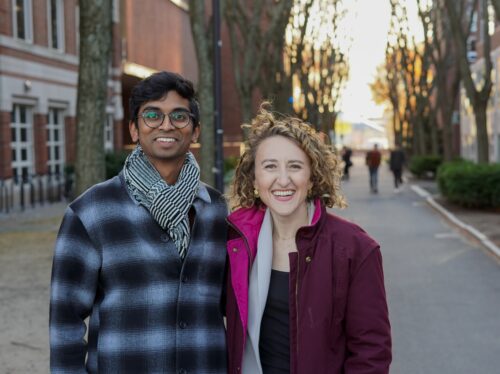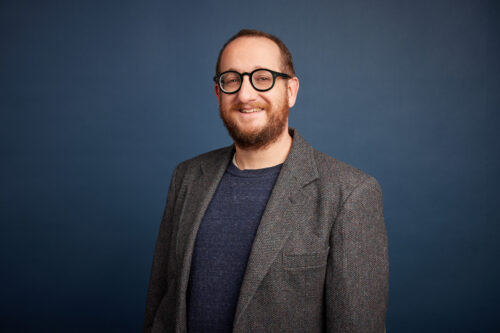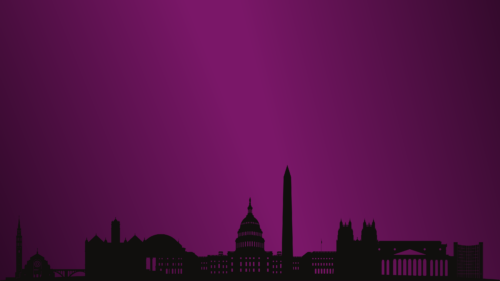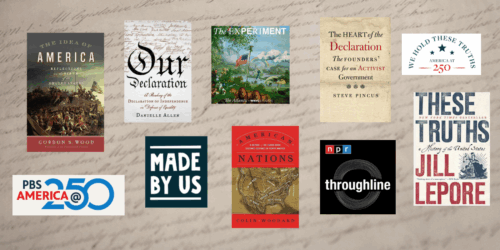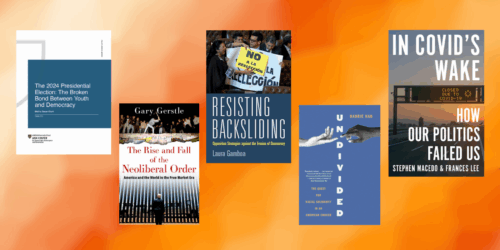Racism, rather than being the exception to the rule of American democracy, was fundamental to how many of the country’s founders understood themselves and conceptions of citizenship, argues Khalil Gibran Muhammad, Ford Foundation Professor of history, race, and public policy and director of the Institutional Antiracism and Accountability Project at the Kennedy School’s Ash Center for Democratic Governance and Innovation.
Speaking with Archon Fung — Winthrop Laflin McCormack Professor of citizenship and self-government and director of the Ash Center — during a discussion organized by the Office of Alumni Relations and Resource Development, Muhammad describes the often-tortuous path the United States has taken towards building a more inclusive, multiracial democracy. “So when you ask the question about how racial conflict or solidarity advance or don’t advance the American project, first we have to recognize that conflict or solidarity are not these moments where we’ve either gone wrong or we’ve come together. But indeed, moments where we’ve responded to the fundamentals of our political nation.”
Much of the country’s sporadic racial progress, Muhammad explains, was regularly the result of people, largely African Americans, attempting to expand the boundaries of racial democracy. “African Americans themselves sought abolition, fought against the Confederacy, first in their individual acts of freedom, and secondly, in support of the Civil War.”
Yet for every burst of progress, Muhammad notes, there has been a backlash to efforts to build a more inclusive version of American democracy. Pointing to the silent majority of the Nixon post-civil rights era to the more contemporary opposition to systematic reforms in the wake of the murder of George Floyd, Muhammad sees a backlash of “silence within broader white communities that have sort of taken their marbles and gone back home. And we’re stuck with what we have politically, which is a democracy that is teetering on the edge of being sustainable.”
For Fung, a political theorist whose work explores ideas for fundamentally reshaping democracy, this resistance to achieving a multiracial democracy can also be ascribed in part to the sclerotic nature of our political institutions. “Our constitution is 250 years old. You wouldn’t drive a 250-year-old car…The most significant amendment to the US Constitution was 50 years ago, lowering the voting age to 18.” The constitution, which Fung is quick to point out, is not only a relic of another era, but is also comparatively slower to adapt to the changing realities of our time than those of other western democracies.
Harder to answer, suggests Fung, is whether this inability to modernize our institutions lies with a reluctant public, reticent political elites, or some combination of both. “There’s a number of changes where the interest of incumbent political elites, both Republican and Democrat, favor the existing rules of the game, including many minority rule provisions of those rules, much more than if you asked the ordinary American or the electorate,” notes Fung. Understanding how to spark the broad-based political support amongst both the public and political leaders needed for these larger structural changes is undoubtedly a key element to building a strong multiracial democracy in the US.
